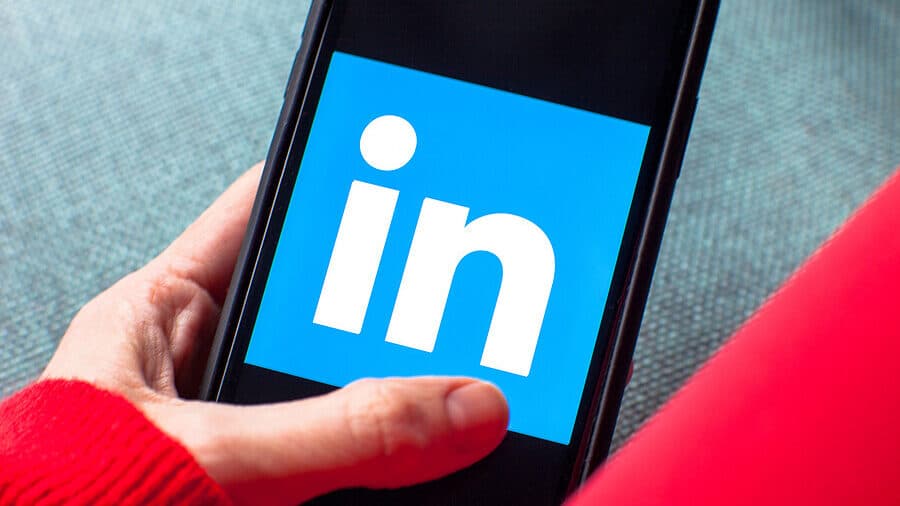As you probably know, LinkedIn recently announced that they’re “testing AI-powered job descriptions, leveraging an advanced OpenAI GPT model.” With these “AI-powered job descriptions, all job posters need to do is provide starter information — like job title, company name, workplace type, job type, and location — and a draft description will be created for the poster to review and edit.”
LinkedIn adds that this will “help hirers find qualified candidates more quickly and free up time for the more strategic parts of their hiring process.”
With the power of OpenAI’s technologies, it’s a safe bet that this new feature will, in fact, make job posts faster to write. But will those posts be better?
Every few months, it seems that AI is getting smarter and closer to achieving human-level performance. For example, a recent report from OpenAI highlighted some of the testing improvements they’ve achieved moving from GPT-3.5 to GPT-4. They note that GPT-4 “passes a simulated bar exam with a score around the top 10% of test takers; in contrast, GPT-3.5’s score was around the bottom 10%.”
In addition to bar exams, GPT-4 is significantly outperforming GPT-3.5 on the LSAT, SAT Math, GRE Quantitative, and many more tests. But one area where GPT-4 hasn’t made a big leap is in writing. For example, scores on the GRE Writing and the AP English Literature and Composition test did not improve.
Crafting a captivating opening sentence is as much art as science. Holding a reader’s attention requires more than a specific word count or sentence length. And that’s one reason why a common criticism of AI-generated writing is that it’s pretty bland and unoriginal. Sure, it can assemble words in the right order, but can it provide an inventive turn of phrase that stimulates readers or write an innovative opening line that inspires a particular subset of applicants?
AI might get there eventually, but for the moment, as more companies turn to AI for their job posts, you have a competitive advantage if you’re willing to write creatively and with personality. I know it’s a bit old school to sit down and write, but here’s why it can be a powerful competitive advantage.
The study “Why New Hires Fail” revealed that more than half of HR executives think their employment brand is average or below average. Take a look at your own job ads; do they reflect what makes your company truly special? Or do your postings sound like those from every other company in your industry?
If your company’s uniqueness doesn’t shine through in the first few sentences of your postings, add a few lines. Specifically, answer the question, “What’s something special about our company that our competitors wouldn’t be able to say?”
Similarly, ask yourself whether your corporate culture is different from your competitors. If it is, that’s something that should appear front-and-center in your recruiting pitches. For instance, only about 11% of companies have an Enterprising culture. These are meritocracies, where achievement and talent drive success and internal contests of creativity and intelligence are commonplace. Given that a small minority of companies have this culture, that’s a fairly unique characteristic and a potential advantage. As such, it needs to be highlighted in your recruiting messages.
Hunt for all of your company’s differentiators: Look through your analytics, surveys, focus groups, and whatever else you have. Your goal is to find a few issues that are unique to your organization because these are the issues that will help you stand apart from all the AI-generated postings.
Research shows that in 42% of organizations, high performers were less engaged than low performers. But maybe your company recently conducted an employee survey and found that your high performers are actually thrilled to work for you. That’s something unique, interesting, and highly compelling for prospective candidates.
The possibilities for differentiating your company are nearly limitless. The key is to make sure that your postings and recruiting pitches don’t sound like they were written by AI. The more your competitors head in the AI direction, the more opportunity you’ve got to make your recruiting message stand out.
